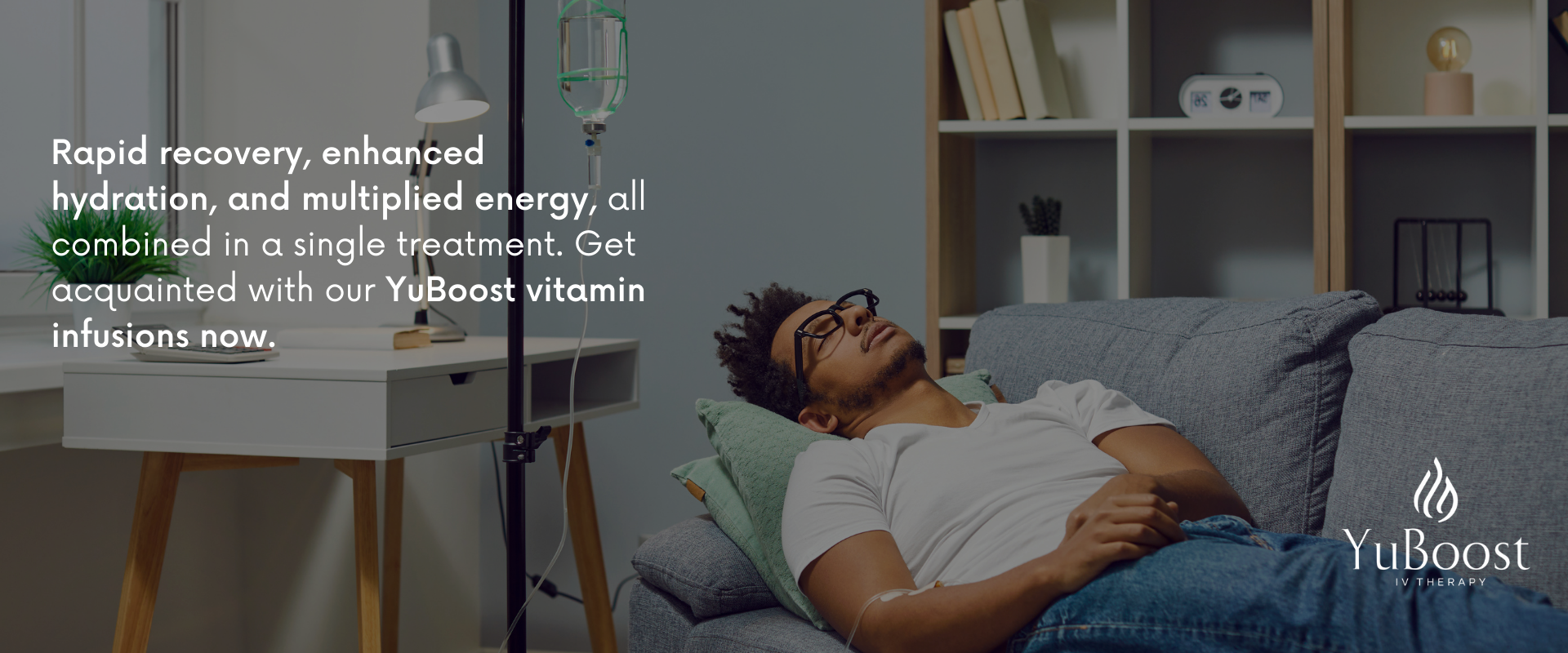Which vitamin deficiency causes fatigue?

Vitamins play a vital role in making sure our body works properly. They promote skin healthiness, energy balance, they boost immunity defences, sleep quality, muscle tone, they help with cell formation and prevent some diseases and infections. A deficiency may occur when dietary intake is insufficient, or if you’re on a special diet, if your body has difficulties absorbing vitamins; a host of factors can come into play. A deficiency can be accompanied by various signs and symptoms: digestive disorders, rashes, muscle weakness, etc. Persistent fatigue, however, is one of the most common warning signs. So, it’s important to identify the type of vitamin lacking so you can counter this in an appropriate way and relieve the side effects experienced effectively.
Vitamin C deficiency
Vitamin C helps keep energy levels balanced and boosts the immune system by producing white blood cells and reinforcing the skin barrier. As such, a deficiency generally leads to significant fatigue. As ascorbic acid helps the body absorb iron, a deficiency can cause anaemia, which is characterized by insufficient iron in the blood and can be seen through intense fatigue, paleness, dizziness and even shortness of breath.
Group B vitamin deficiency
The vitamin B group comprises 8 types of vitamin: B1 (thiamine), B2 (riboflavin), B3 (niacin), B5 (pantothenic acid), B6 (pyridoxine), B8 (biotin), B9 (folic acid) and B12 (cobalamin). These vitamins play an active role in producing energy, reducing fatigue, stress and anxiety, in boosting the immune system and in ensuring psychological functions work properly. A person with a vitamin B deficiency will, it goes without saying, show signs of great fatigue. And, just like for vitamin C, the deficiency may be accompanied by anaemia, given the essential role vitamins B9 and B12 play in blood cell formation (red blood cells).
Vitamin D deficiency
A lack of vitamin D can also cause substantial fatigue, often combined with muscle weakness, depressive mindset and low stamina. In Northern hemisphere countries, this is common during the winter period as it’s difficult to get much exposure to the sun. Although food also provides an intake of vitamin D, it’s only synthesized by the body when exposed to the sun’s rays.
Remedying deficiency and reducing fatigue
Whether you have a vitamin B, C or D deficiency, you should opt for a supplement if a change in diet is not enough. Intravenous vitamin injections are an effective solution. This means vitamins (B, C and B12), minerals (zinc, magnesium) and antioxidants (glutathione) are administered directly into the bloodstream. Unlike a dietary intake, vitamins are absorbed 100% as they don’t need to pass though the digestive wall. They’re assimilated almost instantly and you can enjoy their benefits as soon as the infusion ends. YuBoost proposes 9 types of IV therapy in line with your needs: energy boost, improved immunity, hydration, etc. The treatment is carried out by a team of specialist qualified nurses and it can be administered in your own home, in your workplace or in your hotel room, whichever suits you best. The injection lasts between 45 to 60 minutes depending on which one you choose and ensures you’ll feel a sense of wellness a few hours after along with rapid improvement in your symptoms. You can also opt for an intramuscular Boost injection.









